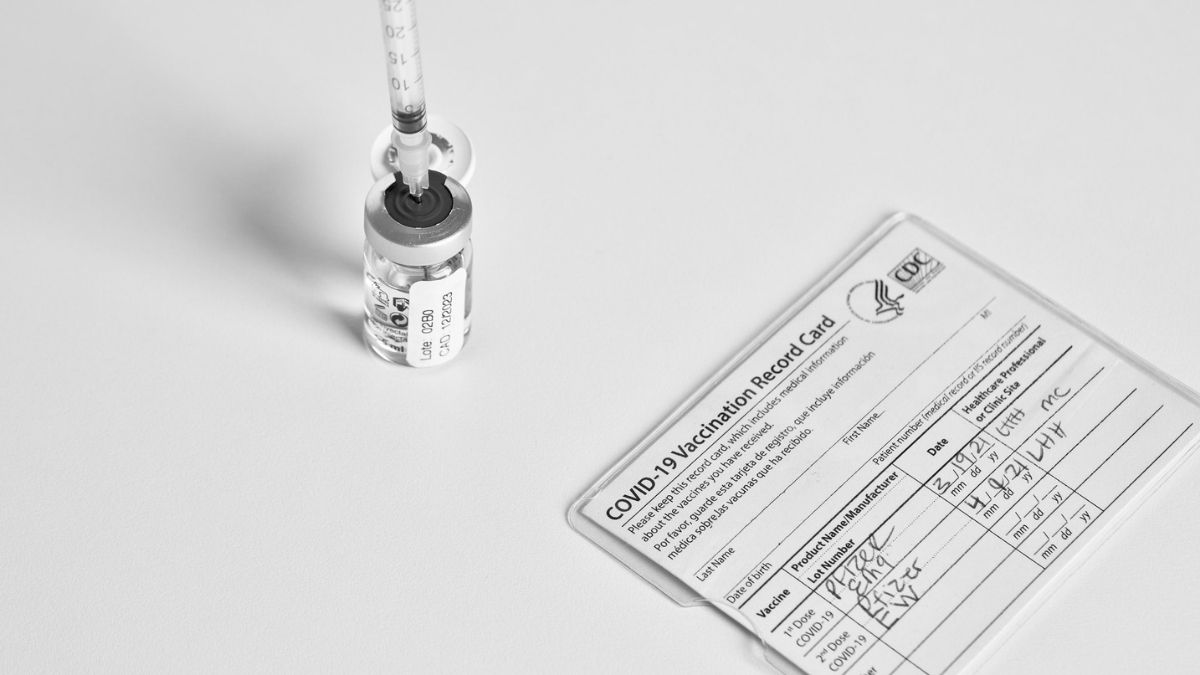
When the coronavirus pandemic shut down her business last year, Nan Kitchen felt like she had no control.
“It was much more difficult for me because of the uncertainty,” she said. "I didn’t know when we would shut down again or whether there would be a vaccine.”
Kitchen owns Bewitched Salon in Virginia Beach. And now that there is a vaccine, she's taking action.
Earlier this week, she updated the salon's health and safety policy to require proof of vaccination or a negative COVID test before booking appointments with clients.
“I've had a few people express their displeasure," Kitchen said. "But I’ve also had two people who are now getting vaccinated. If two people get it, I think that’s worth it.”
COVID cases have risen with the emergence of the more contagious delta variant. Infections in fully vaccinated individuals are rare, but the CDC says early data shows they can still transmit the delta variant more easily than previous variants.
According to the Virginia Department of Health, over 97% of COVID-19 hospitalizations and 98% of deaths in the state since late January have been among unvaccinated people.
The rise in cases has led businesses and other entities to consider new measures around vaccines.
New York City became the first in the country to mandate vaccination proof for indoor dining, gyms and performances earlier this month.
The NorVa in Norfolk announced on Thursday they will require concertgoers to be fully vaccinated against COVID-19 starting Oct. 1. Leading up to that date, attendees can show proof of a negative COVID test within 72 hours of the event.
Michael Pierce is a labor and employment attorney at Vandeventer Black in Norfolk.
"It kind of harks back to the old days where you would see, 'No shoes, No shirt, No service,'" he said.
Pierce said there is nothing expressly saying a business cannot require people to show proof of vaccination. The Americans with Disabilities Act (ADA) does offer protections for anyone who can't get the vaccine or wear a mask for medical reasons.
Kitchen said she has a couple of clients who fall into that category, and she is making accommodations for them.
She said although it's been less than a week, she feels comfortable with her decision.
"I looked at it this way - what can I do to make a difference, and how can I keep myself, my staff and my clients safe?," Kitchen said.




